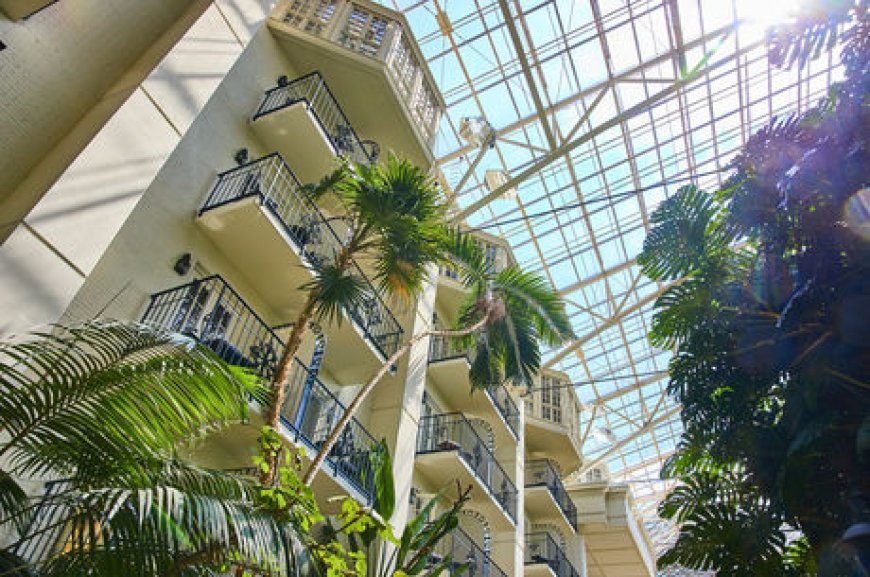Reimagining the Guest Experience Through Sustainability in the UAE

In the world of hospitality, sustainability is frequently discussed in terms of technology and operations such as LED lighting, water-saving systems, and local produce. These are meaningful steps, and many hotels across the Emirates have successfully adopted them. However, sustainability isn’t just a feature or a checklist; It is a mindset, and one that should be experienced by guests, not just practiced behind the scenes.
Having managed resorts and hotels internationally, across the GCC and within the UAE, I have come to believe that the real shift begins when we move beyond policy and start shaping behaviours. We do not need more brochures. We need experiences that make sustainability personal.
Small Actions That Speak Loudly
One of the most underrated aspects of sustainable hospitality is how we engage our guests. Instead of generic towel cards on bathroom doors, what if we spoke from the heart? At one of our properties, we tried just that. A short, sincere note explained how reusing linens helps conserve water — a precious resource in this region and supports local ecosystems like our coral reefs. The response was immediate. Guests felt involved and some even thanked us at check-out.
That is the power of making sustainability relatable. When people understand the reason behind the request, they often choose the greener option willingly.
Seeing Is Believing
Too many green efforts live in the shadows. If guests cannot see it or feel it, it becomes easy to miss the impact. Across properties in Dubai and Fujairah, I have seen creative approaches that bring sustainability into view. These include stylish water refill stations, biodegradable in-room products, and motion sensors in low-traffic corridors. These thoughtful changes do not compromise comfort. They enhance it.
Take soap waste, for example. In the Emirates, thousands of hotel soap bars are discarded daily, many barely used. Thanks to regional efforts that recycle and repurpose soap into hygiene kits for vulnerable communities, what once went to landfill now brings dignity and health. These are the kinds of quiet shifts that matter.
Likewise, initiatives aimed at cutting plastic, such as those helping hotels audit their use and redesign procurement, move us from single-use habits to circular solutions. Even cigarette waste is being reimagined — discarded filters are transformed into useful materials, reducing pollution and supporting broader sustainability goals.
Building Credibility Through Action
Luxury and sustainability are not at odds, but credibility is everything. Guests today are informed, and they value transparency. Environmental certifications are useful tools. However, they should be treated as blueprints for ongoing improvement, not just as a stamp on a brochure.
Our sustainability journey must align with larger national commitments, such as the Net Zero by 2050 strategy and the National Air Quality Agenda 2031. At the same time, we contribute to global efforts like the UN Sustainable Development Goals, which offer a powerful framework for ethical tourism.
Culture Is the Real Game Changer
The most lasting sustainability efforts do not begin in engineering departments. They begin with people. When teams from front-of-house to kitchen staff feel ownership, the change becomes cultural.
I have seen housekeepers suggest better linen practices and chefs redesign buffets to reduce waste. These are not headlines, but they are the heartbeat of sustainability in hospitality.
Leading by Listening
Curiosity is a gift. More guests want to understand how things work behind the scenes. They ask how waste is sorted, why straws disappeared, or what happens to leftovers. When we take time to explain or even invite them into the story, we turn operations into experiences. Garden tours, local clean-ups, or simply explaining our air quality monitoring efforts all go a long way in making our guests feel connected.
In this part of the world, where hospitality is deeply rooted in culture and pride, we are uniquely positioned to lead by example. Not through noise, but through consistency and care.
The future of tourism is not only sustainable. It is thoughtful, inclusive, and deeply human. Let’s keep it that way.






